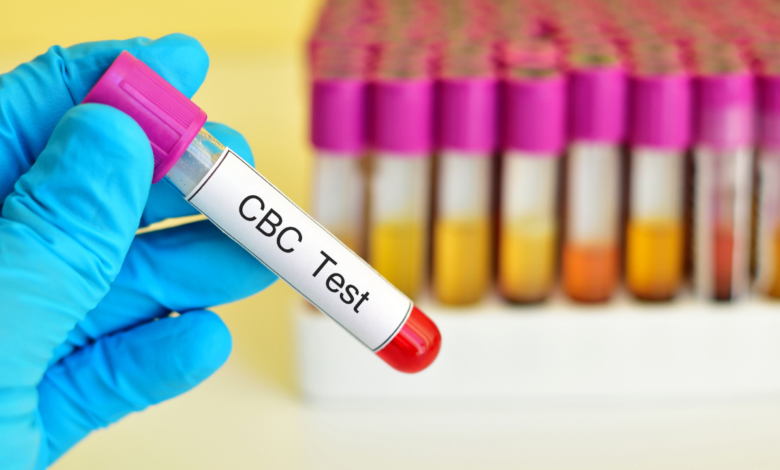PCOD Tests
Complete Blood Count (CBC)

What is Complete Blood Count (CBC) test?
A complete blood count (CBC) is a common blood test that provides information about the different types of cells in your blood. It includes measurements of red blood cells, white blood cells, and platelets.
Why Complete Blood Count (CBC) test is required?
A CBC is often used to:
- Diagnose a variety of blood disorders, such as anemia, infections, and leukemia.
- Monitor the effectiveness of treatments for blood diseases.
- Assess your overall health and detect any signs of infection or inflammation.
- Screen for certain types of cancer.
Which are the method of Complete Blood Count (CBC) test ?
The most common method for measuring blood cell counts is a blood test. A blood sample is drawn and analyzed in a laboratory.
Who should go for Complete Blood Count (CBC) test ?
Individuals who may benefit from a CBC test include:
- People with symptoms of anemia, such as fatigue, weakness, or shortness of breath.
- Those with a history of blood disorders or infections.
- Individuals undergoing treatment for cancer or other blood diseases.
- People undergoing regular health checkups.
What are the results of Complete Blood Count (CBC) test ?
A CBC test typically includes the following measurements:
- Red blood cell count: The number of red blood cells in your blood.
- Hemoglobin: A protein in red blood cells that carries oxygen.
- Hematocrit: The percentage of red blood cells in your blood.
- White blood cell count: The number of white blood cells in your blood.
- Platelet count: The number of platelets in your blood.
- Mean corpuscular volume (MCV): The average size of your red blood cells.
- Mean corpuscular hemoglobin (MCH): The average amount of hemoglobin in each red blood cell.
- Mean corpuscular hemoglobin concentration (MCHC): The average concentration of hemoglobin in each red blood cell.
Abnormal levels of any of these components may indicate underlying health conditions. Your healthcare provider will interpret your results and discuss appropriate next steps.





